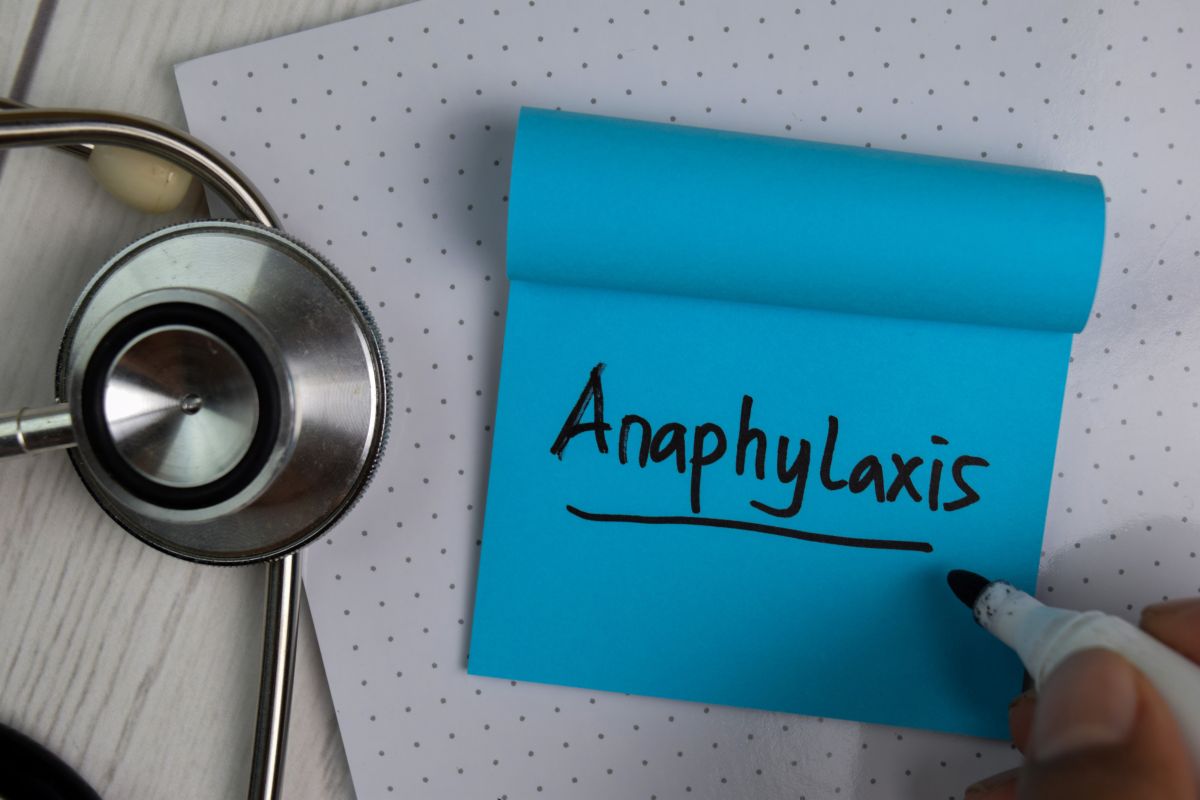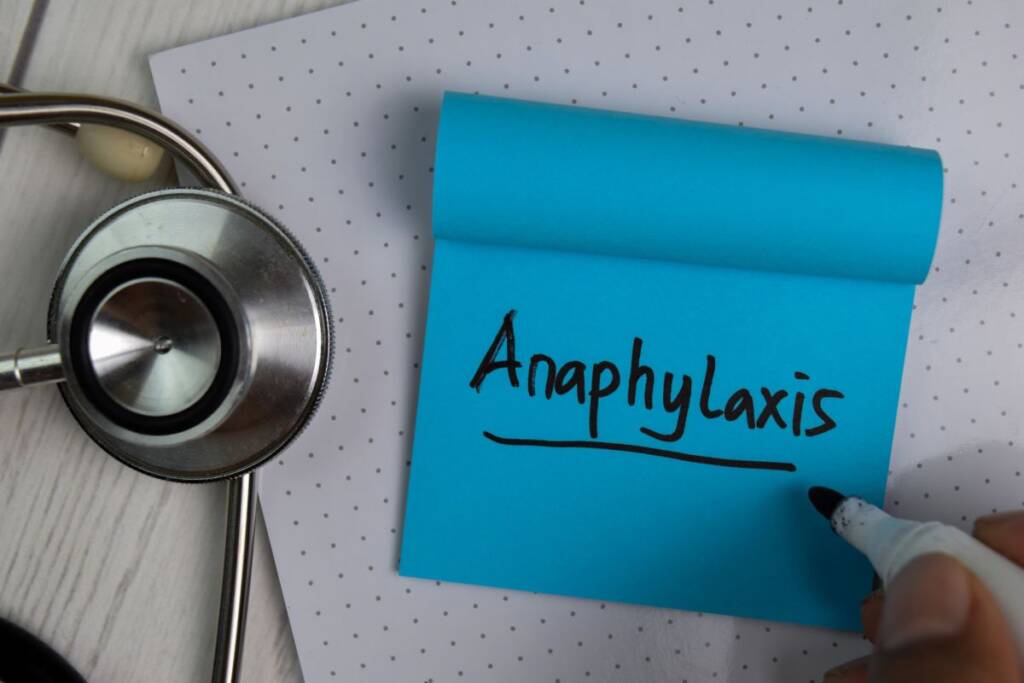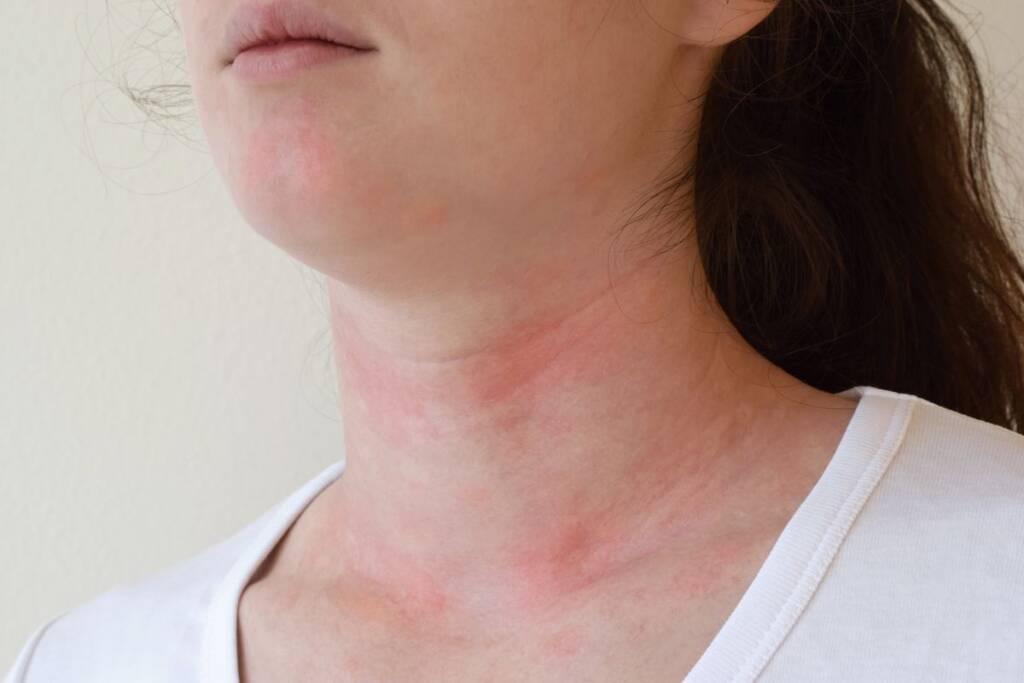Health
Anaphylactic shock: what it is, why it occurs and what to do

Anaphylactic shock is a widespread allergic reaction that occurs suddenly and can run dangerously. Let's find out what it depends on and how to recognize it in time.
When we talk about anaphylactic shock we mean a generalized allergic attack that can involve the entire body leading to very serious reactions, some of which can even lead to death. This happens because the immune system recognizes a certain substance as potentially dangerous, implementing a violent reaction which, in the most serious cases, can lead to death.
It is therefore an important problem both to recognize and to prevent, especially in the case of allergic subjects. Once it occurs it is in fact vitally important to act in a timely manner in order to help those under attack return to their normal vital functions .
Anaphylactic shock: the most important symptoms
Being faced with an anaphylactic shock is never pleasant. Above all because this can catch you off guard, arrive in an extremely violent way and be dangerous both for health and for life itself.

It is therefore very important to learn to recognize the first signs.
If in many cases, this serious allergic reaction can occur in allergic subjects already sensitized to a certain allergen, in others it can catch us completely by surprise, perhaps when the interested subject comes into contact for the first time with a substance to which he is highly allergic.
Fortunately, anaphylactic shock has warning symptoms that you can learn to distinguish. Among them, there are:
– Sense of sudden lightheadedness
– Intense pallor
– Itchy hands and feet
– Dizziness
– Low pressure
– Fast heart rate
– Respiratory difficulties
– Loss of consciousness
– Hoarseness
– Widespread edema
– Sweating
– Urticaria
– Redness of the skin
– Nausea
– Abdominal pains
– Vomit
– Cyanosis
– Angioedema
– Bronchospasm
– Circulatory collapse
– Asphyxiation
If you are an allergy sufferer (even if you don't know you are) it is therefore important to pay attention to these reactions and alert yourself by asking for help immediately if you notice more than one and at the same time you start to feel less and less clear-headed or Strength.
What are the most “dangerous” substances
Anaphylactic shock appears suddenly and can occur both in subjects who know they are allergic to a certain product (the most common situation) and in those who only discover a certain allergy in this way.
Although any substance may appear dangerous to the body, there are some that seem to trigger this type of reaction more easily. Among the best known are:
– Venom of bees or wasps
– Fruits such as peaches, bananas, kiwis or avocados
– Dried fruit
– Milk
– Egg
– Certain types of fish
– Soy
– Antibiotics
– Anti-inflammatories
– Contrast liquids
– Anesthesia
– Monoclonal antibodies
In some cases, being under strain, under stress or being treated for certain problems can facilitate or make the onset of anaphylactic shock more aggressive.

Anaphylactic shock: what to do when it occurs
Generally, as already mentioned, among the causes that lead to anaphylactic reactions are the ingestion of foods to which one is allergic, insect bites, the intake of certain drugs or medical substances. Obviously, people known to be allergic are more prone to this risk. And, for this reason, they should investigate all possible triggers, so as not to encounter dangerous episodes. That said, this is an issue that can overwhelm anyone.
Each attack can occur even after a few seconds. In some cases, however, it can even take about ten minutes or an hour. The time varies according to several factors including the type of contact and the severity of the allergy. It is also estimated that the faster it occurs, the more serious the problem. And this also and in rarer cases can prove to be very serious (and therefore even fatal) even if it occurs beyond the times considered "normal".
What is important to know is that when anaphylactic shock occurs, it is essential to rush to the emergency room in order to promptly receive all the necessary treatment.
If you witness a person under attack, however, after calling for help it may be useful to eliminate (if possible) the triggering factor (never to be done in the case of bee or wasp stings) and to position the person with their legs raise. If the subject claims to feel suffocated, pillows or boosters should never be placed under the head. If in doubt, you can ask for advice from the emergency number called to request the arrival of an ambulance.
In the case of overt allergies to certain foods, insects or the like, it may be necessary to promptly intervene with antihistamines, cortisone or adrenaline to always keep with you. If you were with an allergic person, you can ask him if he has adrenaline and promptly inject it into the thigh.
Obviously, these remedies can only be prescribed by your doctor or allergist and decided on the basis of the type of allergies and their extent. Another aspect that is always good to evaluate in order to secure your health .
Riproduzione riservata © - WT











